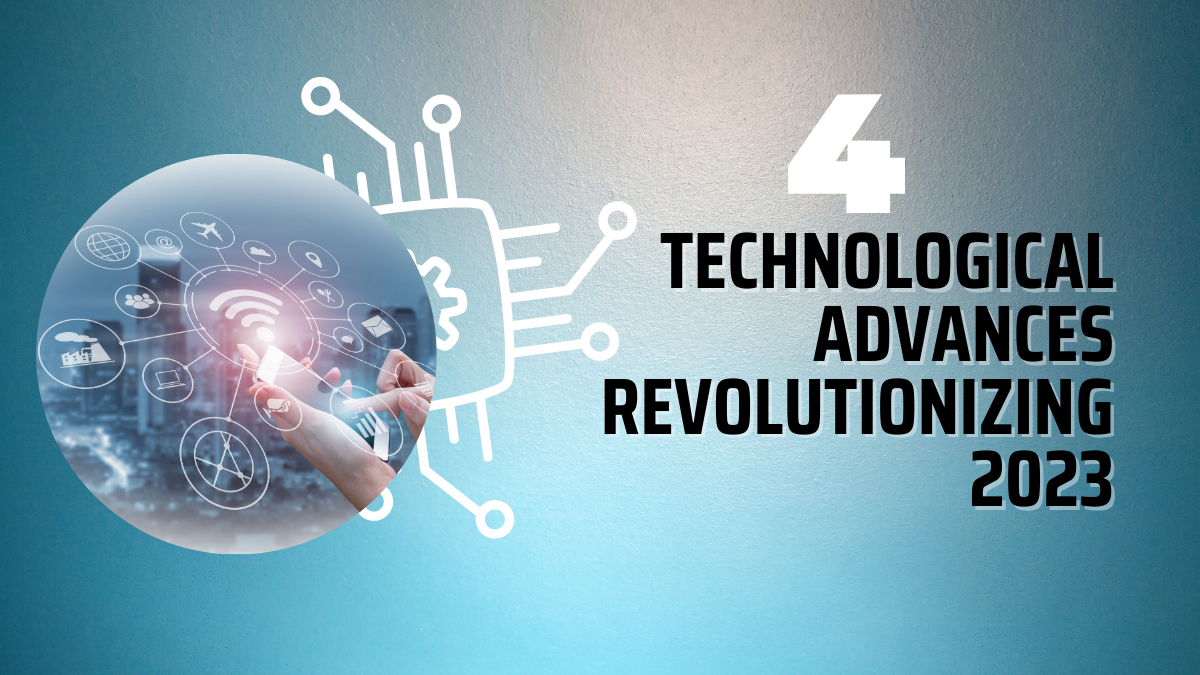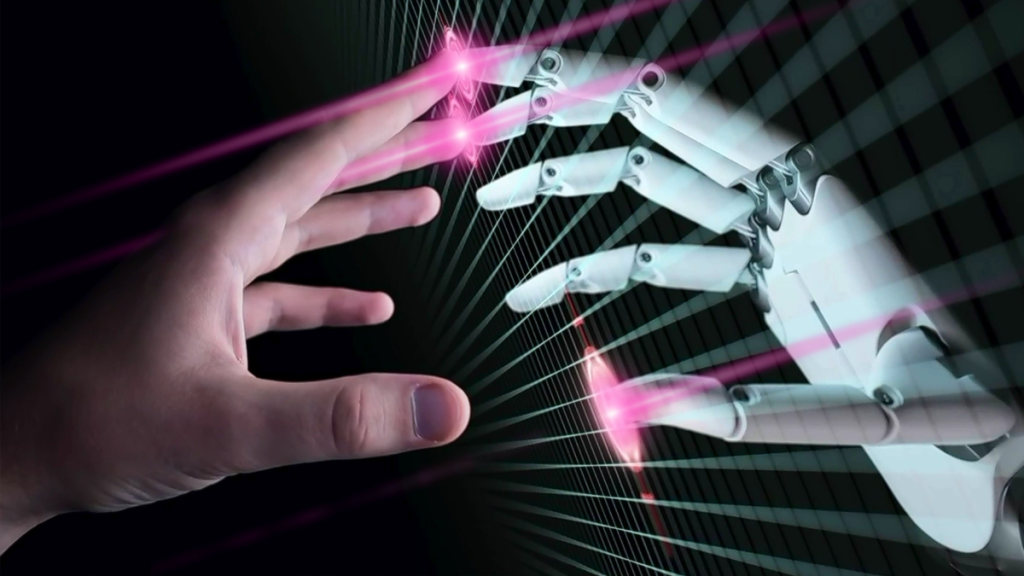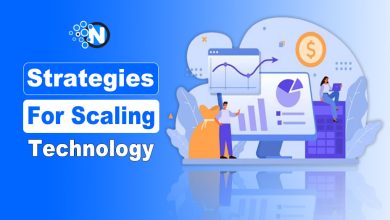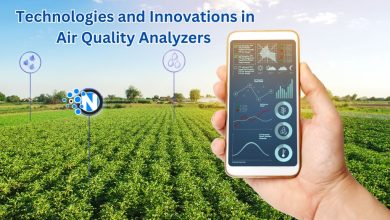4 Technological Advances Revolutionizing 2023

2022 has been quite an eventful year. There were many technological advances along with the consistent turbulence of the trade market. Many new things emerged, and many got fixed.
The most notable changes got observed in the technological industry. Most of them were new releases, while some of them were solutions to constant issues. We saw a massive downfall in the crypto industry. People needed clarification about whether to invest in the currency or not. Many ceased their trades and started going towards traditional methods of investments.
When developers saw this, they thought of making something that would fix all of the trader’s problems. The solution was crypto trading bots like the bitcoin era. They handled all of the trade and generated maximum ROI no matter how bad or turbulent the market became. Because of them, people started multiple trades. The turbulence of the market is history now.
Trading bots comprise AI programs that help them make decisions effectively. Among the most significant fields that are reshaping numerous businesses is artificial intelligence. Its usage is helpful and sometimes necessary. There are many more tech advances that we’ll learn today. So, keep reading to unravel the rest of the upgrades.
Extensive Tech Upgrades to Look Out For
Regular and significant modifications are made to modern advancements and electronic transformation. The tendency will persist as innovative technologies that can be transformative keep surfacing at an accelerating rate. What tech-related troubles and possibilities are in store for us in 2023?
Even though there are many significant technological developments, including the Internet of Things, 5G, AR/VR, Virtual World, Robotics, Space Missions, Synthetic Biology, and others, there are four technological fields that will be worth paying close attention to in the coming year as they hold the potential to improve people’s lives shortly significantly.
Let’s see what those tech innovations are and how much impact they will have on our daily lives.
1- Robotics
In light of the expansion of features in humanoid-looking devices that capture our interest, robotics is frequently regarded as the image of advancing technologies. They have also been employed for generations to automate routinely scheduled tasks in production, agriculture, factory work, healthcare, and defense sectors. Robotics is transforming several industries, helped by machine learning, computational modeling, artificial intelligence, and advanced detectors.
Roboticists create a broad spectrum of fresh opportunities by fusing machine vision and capabilities, including perception-based aircraft, robotic farming, robotic separating in landfills, and warehousing picking and arranging. We’ve finally reached the pivotal moment when these technologies will be effective enough to add genuine value in semi-structured settings where conventional robots would fail.

2- Artificial Intelligence
We are currently on the verge of the development of AI, so its theme is no longer constrained to sci-fi films. Machine learning and NLP, which are already commonplace in our regular lifestyle, are components of the advent of AI. Today’s artificial intelligence can comprehend, recognize, and resolve issues from organized and uncategorized data – and in some situations, without being explicitly trained.
Artificial intelligence is quite specific in its goals and difficulties. AI systems aim to exceed human skills and performance while mimicking human attributes and analytical powers. The new generation of technology will likely get controlled by synthetic connections that resemble those in the human mind. The elements could be analog or digital, depending on photonics, drugs, biochemical pathways, transistors, or even subatomic systems.
AI-powered systems have primarily been developed for automating tasks like education, organizing, problem-solving, natural language processing, and memory simulation. By prioritizing and responding to information, AI technology can facilitate more effective decision-making, notably across more prominent platforms with multiple users and factors. AI will alter our operations, make plans, and create designs in the coming years.
3- Cognitive Computing
Undoubtedly, since the creation of the computerized calculator in the 1960s, the field of computation has made enormous strides. The last few decades have seen a particularly transformative change in cognitive processing in our highly linked environment.
Ray Kurzweil, a visionary, predicted that humans would be capable of “expanding the application of our cognition a billion-fold” and that “the capability of processing doubles, at least, every three years. Rapid innovations in physics, nanotechnology, and other fields have made it possible for humans to live in a world of cognitive technologies that was unimaginable ten years ago.
Cognitive computing spreads across various fields. We’ve mentioned some of them below.
- Chemical Computing
Chemical computation is an innovative method of information processing. Naturally, chemical structures can function as logic gates and perform computations. Considering our minds and bodies communicate through diffusing mediators, neurotransmitter systems, hormones, etc., the head of the International Center of Unconventional Computing claims that humans currently employ chemical processors. He sums it up, “We are chemical computers.”
- Bio Computing
This cutting-edge technology replaces methods like metal cables and fiber optics with biological products to carry out tasks. A similar natural element utilized in such investigations is DNA and amino acids. Attempting to manipulate the organic chemical processes that occur naturally in these materials can help execute computing tasks.
The usage of DNA in biological systems can host biocomputers. Thanks to this innovation, the methods may carry out complex computations beyond our current capability, which could retain a virtually infinite amount of information.
- Quantum Computing
This innovation is now following in the footsteps of humanity. Using predictive modeling, quantum computing could tackle issues at a computational speed that has never been possible. Quantum technologies, which process datasets using quantum particles’ distinct properties, will transform various fields, including real-time statistics and cyberattacks.
AI can guide and enhance Quantum computing, run on a 5G or 6G network, enable the Internet of Things, and stimulate biotechnology, genomics, materials engineering, and the Virtual world.
4- Material Sciences
Uses for improved materials are a part of the novel frontier in research that artificial intelligence and actionable insights have opened up. It also pertains to fusing with other technological advances to function harmoniously, similar to AI.
Today, composite technologies are being created that can perform more effectively and are more rigid, lightweight, and able to withstand harsh situations. In addition to other divisions, they comprise nanotechnology, nanocomposite, polymers, and electromagnetic and biological components.
More challenging, resilient, lightweight, and even “self-healing” and self-assembling components are developing because of innovative studies and advancements in materials engineering. The building and transit sectors will transform when powerful, adaptive, self-aware, and seemingly invincible components can get used to develop and design infrastructures like railroads, highways, and skyscrapers.
Ending Statement
Technological advancements are on the rise, and there is no stopping them. Instead of shying away from them or being skeptical about their usage, people should study and learn more about this innovation because there will be a time when you won’t be able to operate everyday things if you don’t know how tech works. It is essential to boost our technical knowledge so we can one day contribute to information and technology advancements.




